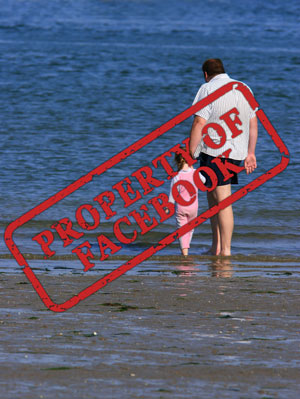Why is it important to know who owns your representative? Informed voters make better decisions during elections. Understanding your representative’s priorities and motivations helps you cast a vote that aligns with your interests. You should also know which organizations and companies your representative truly represents. Learning who financially backs your representative’s campaigns reveals where you, the constituent, fit into the picture. Do you really have as much influence as you think?
Corporations cannot directly fund a specific elected official under current law. However, lawmakers have created ways for corporations to spend significant amounts of campaign money. This corporate influence affects how lawmakers draft, prioritize, and pass new legislation.
What Happened?
In 1933, four years after the stock market crash, Congress passed the Glass-Steagall Act to restrict risky banking practices. The act prevented commercial banks from trading securities with client deposits, effectively stopping them from gambling with deposits. With the memory of collapse still fresh, lawmakers also created the FDIC through the Banking Act of 1933. The purpose of this was to prevent bank runs.
Beginning in the 1960s, lawmakers gradually weakened the Glass-Steagall Act by dismantling it piece by piece. In 1999, the Clinton Administration repealed the act entirely after the president declared it “no longer appropriate.” Banks had pushed aggressively into expanded banking and securities, gaining power as restrictions loosened. Many believe repealing the Glass-Steagall Act helped cause the 2008 financial crisis, when banks grew “too big to fail.”
Now What?
Fast-forwarding to recent history, President Obama signed the Dodd-Frank Wall Street Reform and Consumer Protection Act into law in 2010. The act aimed to rein in financial practices and stabilize the economy after the downturn. One section, the Volcker Rule, restricted banks from speculative investments, effectively banning proprietary trading by commercial banks.
As of fall 2013, regulators still have not implemented the rule. They estimate it will not take effect until July 2014. Lobbyists continue pressuring lawmakers to delay the rule even further.
Why So Much Power?
Why do corporations, especially banks, hold so much power to delay laws for years while missing deadlines and stalling? Can’t we hold them accountable?
The answer remains un
clear, which is why it’s crucial to know where campaign contributions actually come from. The Taft-Hartley Act of 1947 prohibited labor unions and corporations from directly spending money to influence federal elections. This restriction led to the creation of PACs and Super PACs as new vehicles for political spending. Super PACs cannot contribute directly to campaigns or parties, but they may spend unlimited amounts independently of candidates. Their spending may include supporting organizations or groups that align with their interests and campaign goals.
Meanwhile, in Citizens United v. FEC, the Supreme Court ruled that government cannot restrict independent expenditures by organizations and groups. The 5-4 decision struck down parts of the Bipartisan Campaign Reform Act as violations of the First Amendment. The majority argued that groups, like individuals or the press, deserve equal protection of free speech under the Constitution.
Free Speech, or Campaign Contributions?
This rule did not change direct campaign contributions, but it allowed partisan organizations to spend unlimited money on political campaigns. Such spending often influenced election outcomes.
The Citizens United v. FEC case, combined with rising Super PACs, highlighted the enormous influence of money in politics. Corporations and Super PACs can spend far more money on campaigns than even the wealthiest individuals.
The problem intensifies when large media organizations spread campaign messages – positive or negative – to more than a hundred million homes. Candidates become beholden not only to corporations and Super PACs but also to powerful media networks shaping public perception. When groups can smear or glorify candidates before millions, individual voters lose meaningful influence. By the time voters meet a candidate, organizations and special interests may have already bought and shaped that candidate’s image.
Back to Consumer Protection
Returning to the Volcker Rule from the Consumer Protection Act, it’s no surprise lobbyists delayed a threat to big banks. Banks deemed “too big to fail” fight hard to protect their interests and prevent restrictions. Money speaks loudly, and corporate voices overpower those of individual citizens.
So, who owns your representative? The Who Owns My Rep project helps you discover which companies or organizations fund your representative’s campaigns. Does that funding explain their decisions and behavior?






